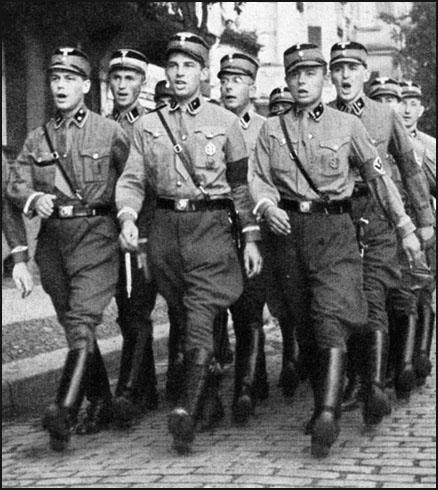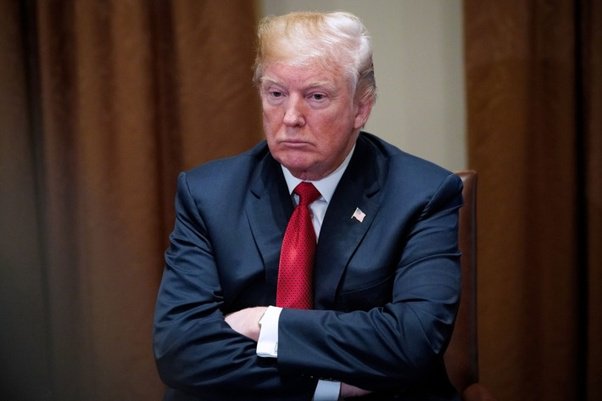I think it’s better if you don’t ask “why were other parties unable to stake out a position?” but “how were the two parties able to claim such broad swaths of the political landscape?” No easy answers here of course, it’s one of the largest questions in political history.
Who has a good paper on why the US has just two parties?
— Matthew Yglesias \U0001f366 (@mattyglesias) November 28, 2020
It\u2019s not first past the post (Canada, UK) or presidentialism (Mexico, Brazil) so what gives?
https://t.co/ycFqTUNjH3
More from Politics
"3 million people are estimated not to have official photo ID, with ethnic minorities more at risk". They will "have to contact their council to confirm their ID if they want to vote"
This is shameful legislation, that does nothing to tackle the problems with UK elections.THREAD
There is no evidence in-person voter fraud is a problem, and it wd be near-impossible to organise on an effective scale. Campaign finance violations, digital disinformation & manipulation of postal voting are bigger issues, but these are crimes of the powerful, not the powerless.
In a democracy, anything that makes it harder to vote - in particular, anything that disadvantages one group of voters - should face an extremely high bar. Compulsory voter ID takes a hammer to 3 million legitimate voters (disproportionately poor & BAME) to crack an imaginary nut
If the government is concerned about the purity of elections, it should reflect on its own conduct. In 2019 it circulated doctored news footage of an opponent, disguised its twitter feed as a fake fact-checking site, and ran adverts so dishonest that even Facebook took them down.
Britain's electoral law largely predates the internet. There is little serious regulation of online campaigning or the cash that pays for it. That allows unscrupulous campaigners to ignore much of the legal framework erected since the C19th to guard against electoral misconduct.
This is shameful legislation, that does nothing to tackle the problems with UK elections.THREAD
Millions of people do not have photo ID. By forcing through mandatory voter-ID the government risk disenfranchising millions of legitimate voters. https://t.co/y0Upzof2FI
— Electoral Reform Society (@electoralreform) February 17, 2021
There is no evidence in-person voter fraud is a problem, and it wd be near-impossible to organise on an effective scale. Campaign finance violations, digital disinformation & manipulation of postal voting are bigger issues, but these are crimes of the powerful, not the powerless.
In a democracy, anything that makes it harder to vote - in particular, anything that disadvantages one group of voters - should face an extremely high bar. Compulsory voter ID takes a hammer to 3 million legitimate voters (disproportionately poor & BAME) to crack an imaginary nut
If the government is concerned about the purity of elections, it should reflect on its own conduct. In 2019 it circulated doctored news footage of an opponent, disguised its twitter feed as a fake fact-checking site, and ran adverts so dishonest that even Facebook took them down.
Britain's electoral law largely predates the internet. There is little serious regulation of online campaigning or the cash that pays for it. That allows unscrupulous campaigners to ignore much of the legal framework erected since the C19th to guard against electoral misconduct.
You May Also Like
Krugman is, of course, right about this. BUT, note that universities can do a lot to revitalize declining and rural regions.
See this thing that @lymanstoneky wrote:
And see this thing that I wrote:
And see this book that @JamesFallows wrote:
And see this other thing that I wrote:
One thing I've been noticing about responses to today's column is that many people still don't get how strong the forces behind regional divergence are, and how hard to reverse 1/ https://t.co/Ft2aH1NcQt
— Paul Krugman (@paulkrugman) November 20, 2018
See this thing that @lymanstoneky wrote:
And see this thing that I wrote:
And see this book that @JamesFallows wrote:
And see this other thing that I wrote:















